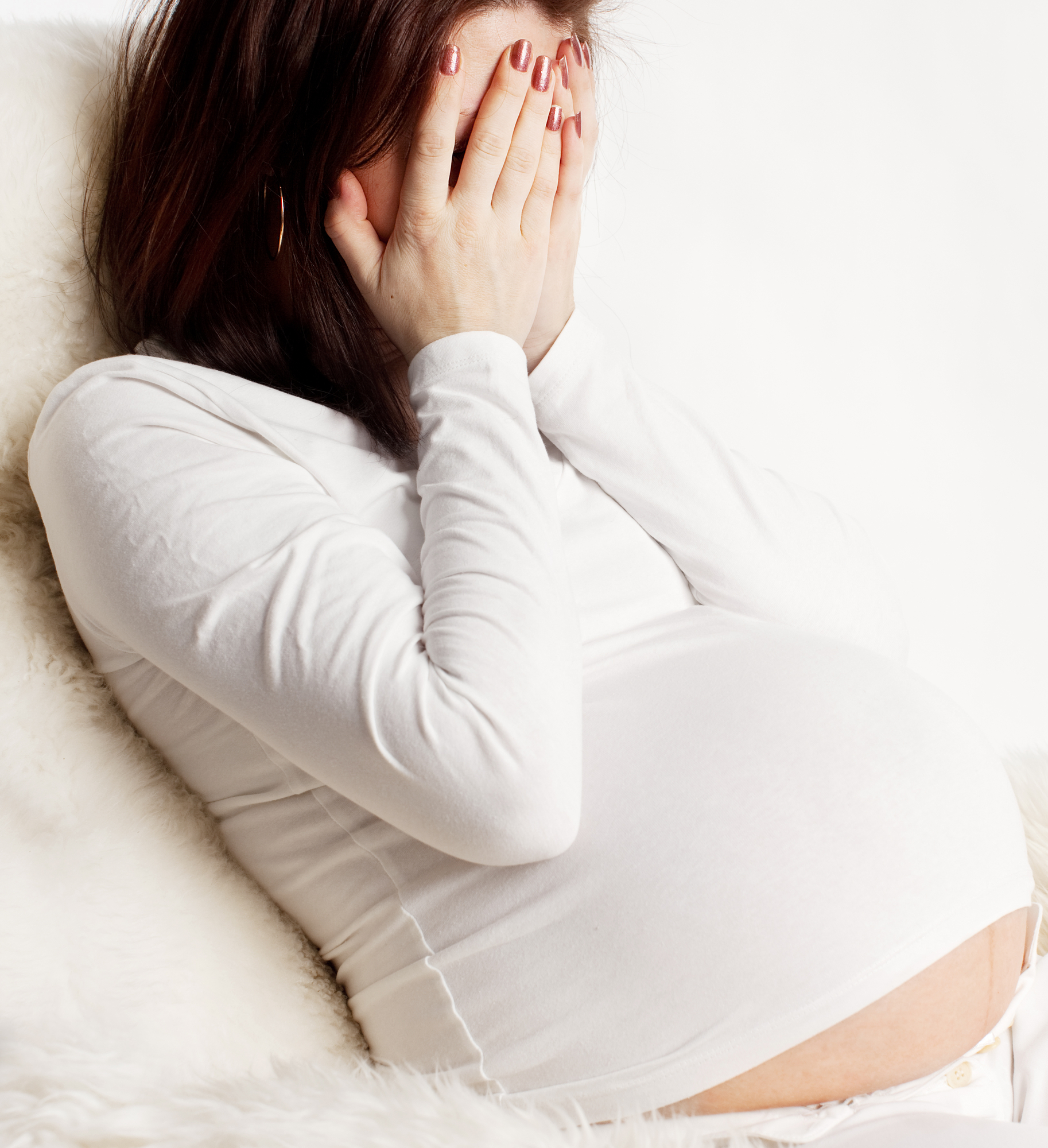Trigger Warning: This case note contains references to subject matter and material that may be traumatising and/or upsetting for survivors of sexual assault, as well as their families. Reader discretion is advised.
On 11 January 2023, Cardinal George Pell passed away at 81 years old due to heart complications following hip surgery. His death left behind a complicated legacy. While an eminent member of the Catholic Church, Pell faced multiple allegations of child sexual abuse and of failing to act when he was made aware of other priests engaging in child sexual abuse.
Ordained as a priest in 1966, Pell was then appointed as an episcopal vicar in Ballarat seven years later. During his time in Ballarat, he was alleged to have been aware of child sexual abuse by other clergymen – and to have not acted. Pell has always denied that he was aware of abuse perpetrated by certain priests in Ballarat, but the Royal Commission into Institutional Responses to Child Sexual Abuse found: “…satisfied that by 1973 Cardinal Pell was not only conscious of child sexual abuse by clergy but that he had also considered measures of avoiding situations which might provoke gossip about it”. The same allegation – that he had been aware of child sexual abuse and had failed to act – was continually directed against him throughout his career.
On 29 June 2017, Victorian police charged Cardinal Pell with historical sex offences. While some charges were dropped due to insufficiency of evidence, Pell ultimately faced five counts of historical sexual assault of two 13-year-old choirboys, allegedly committed while he had been the Archbishop of Melbourne. He pled not guilty to each of the charges. On 11 December 2018, Pell was found guilty of all five charges of sexual assault. He was sentenced in March 2019 to 6 years imprisonment and was required to join the sex offenders register.
However, while his initial appeal to the Victorian Court of Appeal was unsuccessful, on 7 April 2020, the High Court of Australia overturned his conviction, stating that a rational jury should have “entertained a doubt as to the applicant’s guilt”. As they did not consider that the high threshold of “beyond reasonable doubt” had been satisfied, these convictions were quashed, and he was acquitted. He was subsequently released from Barwon Prison in Victoria after having spent 400 days incarcerated.
Even with such an outcome, it is vital that survivors of institutional abuse are not discouraged and continue to come forward with their stories. Each matter is decided upon its own merits and the evidence available – and we do not consider that this decision will impact upon future historic sexual offence cases.
A law professor from La Trobe University, Gideon Boas, noted that this case was a “mere wave in the tsunami of allegations” that are yet to have their day in Court, and referred to the many cases in which paedophile priests have been convicted and incarcerated – and even more civil matters that have settled out-of-court.
If you or anyone you know has been affected by institutional child sexual abuse, we encourage you to explore your potential entitlement to compensation and welcome you to contact us for an obligation-free initial consultation.










